Brain Stress Test
Brain Stress Checklist
Instructions: The following list is designed as a self-assessment tool but should be taken with a close friend or family member. It SHOULD NOT be taken alone. Next, place a check mark next to each item that you, a family member or close friend has noticed about you. Then, on a scale of 0 to 4 rate the amount of impairment you’ve experienced. For example: 0 = not present; 1 = minimal, present but does not interfere with activities; 2 = mild, some effect, interferes with activities but not disabling; 3 = moderate, greatly interferes with activities; and a score of 4 = extremely disabling, unable to function.
Next, write down what you did about the impairments that you scored for a “2, 3, or 4.” For example, took a nap, practiced deep breathing or deep relaxation exercises; stepped back from the situation to gain perspective; confided in a trusted, knowledgeable friend or family member; took a walk, exercise, spoke with a health care professional, re-prioritized or rearranged your schedule; scapegoated an innocent bystander; self-medicated with drugs, alcohol, or other substances; acted on impulse.
On some days you might experience a great number of the more troublesome impairments and find yourself totally dysfunctional as a result. Then, on other days you might be symptom free, and highly functional. Such a pattern is a common feature when measuring various issues due to trauma.
(Adapted from the Brain Injury Resource Center with Permission.)
[WpProQuiz 1]
